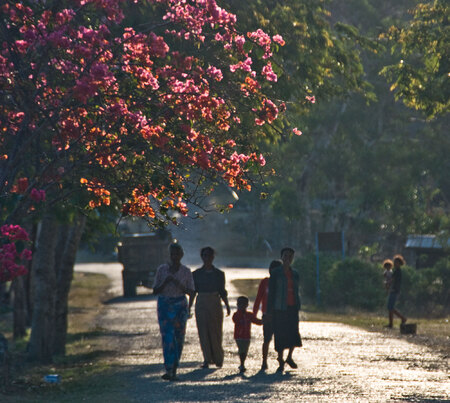The very first election results are starting to trickle in. They’re very preliminary, incomplete and subject to change.
This is gossip, not reporting.
Final Update: Okay, it’s time to call it a day on this thread. I’ve been cross-referencing sources all over town, and the only thing that’s clear is that nothing is clear. The electoral office is not releasing numbers, and until they do there’s just too much inaccuracy – some of it certainly agenda-driven – to rely on at all. I won’t suggest you completely disregard what lies below; just take it all with a bucketful of salt.
(Update: Note that this page seems to contradict the previous. Ralph’s site was down just a little while ago, so they might have reverted to an earlier version to get the site back online. One source told me that they kept updating until late into the night, but ultimately left off. I take this to mean that his site is not at all accurate at the moment. Only goes to show that everything we say about the results at this stage is nearly pure speculation.)
(‘Nother update: I’ve talked to a few more people, and though minor details vary, the numbers in the first link appear to be indicative of the situation, if not perfect in detail. Candidate names, as compared with three other sources, seem to be more or less correct, and increasingly complete. Just got feedback from someone who’s a bit of an authority on this stuff, and apparently there are some significant discrepancies in the list above. Unfortunately, there is no canonical site for this, and little authoritative information online anywhere. That doesn’t change much of the prognostication below, however.)
(September 4, 08:00: Updated yet again to reflect new information and comments below.)
As the passing of a single day has shown, it’s remarkably easy to be wrong about even larger details. This article is starting to look like wikipedia in the middle of an edit war, but I’ll not be removing details, no matter how embarrassing to me. I feel that this is the best testament to the fluidity of the situation, and perhaps the most persuasive argument possible for greater transparency and information sharing.
My back-of-the-napkin analysis is getting rather long-winded, but I’m not (yet) willing to split it out into separate posts, so I’ll push it below a cut. Many more details follow….
Read more “First election results”

